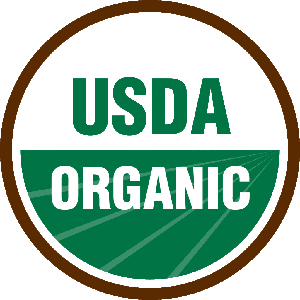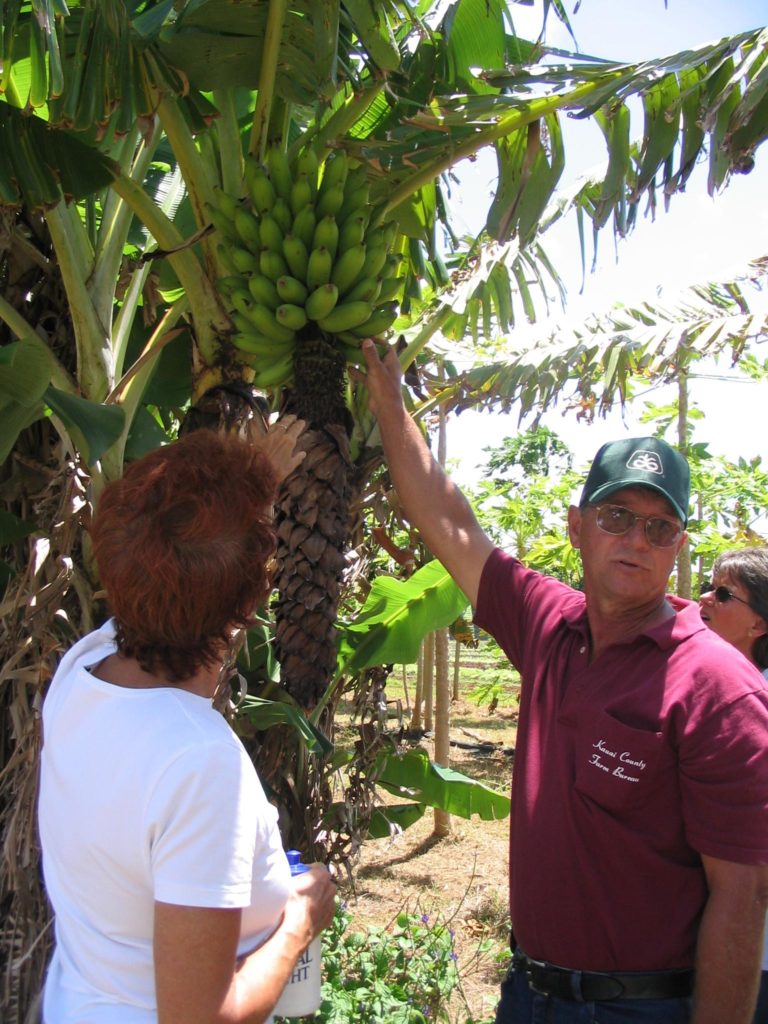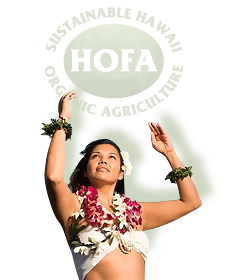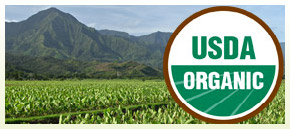USDA National Organic Program (NOP) Regulations
ATTRA: “Community Orchards”
International Organic Inspectors Association
USDA Laws & Regulations: Organic Certification
National Sustainable Agriculture Information Service (NSAIS/ATTRA)
Organic Farming Research Foundation (OFRF)
New Board
Farmers’ Legal Action Group – legal services for family farmers
Organic Foods Production Act of 1990 (OFPA)
eXtension
Sustainable Agriculture Research and Education (SARE)
Organic Trade Association (OTA)
Crop Mob: reclaiming community agriculture
farmer’s pal… a guide to organic living

USDA National Organic Program (NOP) Regulations
The National Organic Program (NOP) develops, implements, and administers national production, handling, and labeling standards for organic agricultural products. The NOP also accredits the certifying agents (foreign and domestic) who inspect organic production and handling operations to certify that they meet USDA standards.
NOP Homepage

ATTRA: “Community Orchards”
Community orchards are becoming more popular around the country as the community garden and local-food movements grow. A new ATTRA pub called “Community Orchards” offers guidance both for determining what to grow and how to go about beginning a community orchard. It also has profiles of successful orchards and discusses resources for orchard organizers and growers
The attachment has more information about the publication, which can be downloaded for free and is available to order as a paper publication for a small handling fee. It’s available along with ATTRA’s other publications, Ask an Ag Expert hotline, webinars, videos, and other services at www.attra.ncat.org.
International Organic Inspectors Association
IOIA provides organic inspector training and networking services world-wide. They have inspector or apprentice inspector members from 16 countries who conduct inspections for a wide variety of private and government organic certification bodies worldwide.
The International Organic Inspectors Association (IOIA) is a non-profit, professional association of organic farm, livestock, and process inspectors dedicated to verification of organic production practices.
The mission of IOIA is to address issues and concerns relevant to organic inspectors, to provide quality inspector training and to promote integrity and consistency in the organic certification process.
IOIA’s international standards resources page.
USDA Laws & Regulations: Organic Certification
Information about Organic Certification, the National Organic Program (NOP), Cost-Share, Labeling, Production & Marketing, and Import/Export issues, all in one place.
National Sustainable Agriculture Information Service (NSAIS/ATTRA)
NSAIS offers the latest in sustainable agriculture and organic farming news, events and funding opportunities; plus, in-depth publications on production practices, alternative crop and livestock enterprises, innovative marketing, organic certification, and highlights of local, regional, USDA and other federal sustainable ag activities. National Sustainable Agriculture Information Service is managed by the National Center for Appropriate Technology ( NCAT ) and is funded under a grant from the United States Department of Agriculture’s Rural Business-Cooperative Service. It provides information and other technical assistance to farmers, ranchers, Extension agents, educators, and others involved in sustainable agriculture in the United States. (ATTRA was formerly known as the “Appropriate Technology Transfer for Rural Areas” project.)
Organic Farming Research Foundation (OFRF)
OFRF ’s integrated strategy of grantmaking, policy, education and networking initiatives supports organic farmers’ immediate information needs while moving the public and policymakers toward greater investment in organic farming systems.
New Board
The new board members represent a wide variety of organizations to ensure that multiple aspects and interests are represented within HOFA. Among the organizations represented on the HOFA board are Seeds of Truth, Label it Hawaii, Hawaii Farmers Union United, Vegetarian Society of Hawaii, Kona Coffee Farmers Association, GMO- Free Oahu, and GMO-Free Maui.
Farmers’ Legal Action Group – legal services for family farmers
Farmers’ Legal Action Group, Inc. (FLAG) is a nonprofit law center dedicated to providing legal services to family farmers and their rural communities in order to help keep family farmers on the land.America needs an agriculture that supports healthy rural communities, protects the environment, and promotes a safe, diverse, and stable food supply. To achieve these goals, America needs a healthy family farm-based system of agriculture. Targeted, top-notch legal information and advocacy are indispensable in the struggle to defend family-based agriculture and secure social and economic justice for farmers. FLAG exists to provide those legal services.
Serving the legal needs of America’s family farmers and their rural communities since 1986.
Organic Foods Production Act of 1990 (OFPA)
Organic Foods Production Act of 1990 (.pdf)
The statute upon which the USDA National Organic Program (NOP) is based.
Title XXI of the Food, Agriculture, Conservation and Trade Act of 1990 (Public law 101-624)
eXtensioneXtension is a space where university content providers can gather and produce new educational and information resources on wide-ranging topics. Because it’s available to students, researchers, clinicians, professors, as well as the general public, at any time from any Internet connection, eXtension helps solve real-life problems in real time.
Sustainable Agriculture Research and Education (SARE)
SARE is a program of the U.S. Department of Agriculture that functions through competitive grants conducted cooperatively by farmers, ranchers, researchers and ag professionals to advance farm and ranch systems that are profitable, environmentally sound and good for communities.
Western SARENational SARE
Organic Trade Association (OTA)
OTA is a membership-based business association that focuses on the organic business community in North America. OTA’s mission is to promote and protect the growth of organic trade to benefit the environment, farmers, the public and the economy.
Crop Mob: reclaiming community agriculture
Crop mob is primarily a group of young, landless, and wannabe farmers who come together to build and empower communities by working side by side. Crop mob is also a group of experienced farmers and gardeners willing to share their knowledge with their peers and the next generation of agrarians. The membership is dynamic, changing and growing with each new mob event.While nationwide the number of farms and farmers has dwindled, right now in the Triangle area of North Carolina there is a surge of new sustainable small farms. These farms are growing diversified crops on small acreage, using only low levels of mechanization, and without the use of chemical pesticides or fertilizers. This is a much more labor intensive way of farming that brings back the need for community participation.Many crop mobbers are apprentices or interns on these sustainable farms. The need for community participation matches a desire for community among young people interested in getting into farming. The crop mob was conceived as a way of building the community necessary to practice this kind of agriculture and to put the power to muster this group in the hands of our future food producers.Any crop mobber can call a crop mob to do the kind of work it takes a community to do. We work together, share a meal, play, talk, and make music. No money is exchanged. This is the stuff that communities are made of.If you are unable to join because you don’t live in the triangle region of NC, feel free to start your own crop mob! To learn more, visit Crop Mob online and browse their site.Here are a few key principles:• No money is exchanged.• Work is done on small-scale, sustainable farms and gardens.• A meal is shared, often provided by the host.• This is not a charity. We crop mob for crop mobbers.
farmer’s pal… a guide to organic living
A searchable online organic directory featuring categories (farms, grocers, markets, lifestyle, shopping, and products) and regions (all 50 U.S. states and their counties). Free registration, and submitting links is encouraged.




